Let's suppose that I have two AVRs connected to one ISP connector.
 To programm only one MCU in this configuration I neet to break one (or mayby several) lines goes to the MCU I don't want to be programmed in this moment.
To programm only one MCU in this configuration I neet to break one (or mayby several) lines goes to the MCU I don't want to be programmed in this moment.
The first line comes to mind is VCC, which would be great as I'd save power. But as we know - power will go through digital lines wich have protection diodes to VCC and GND.
So I'd choose RESET line. Any other ideas?